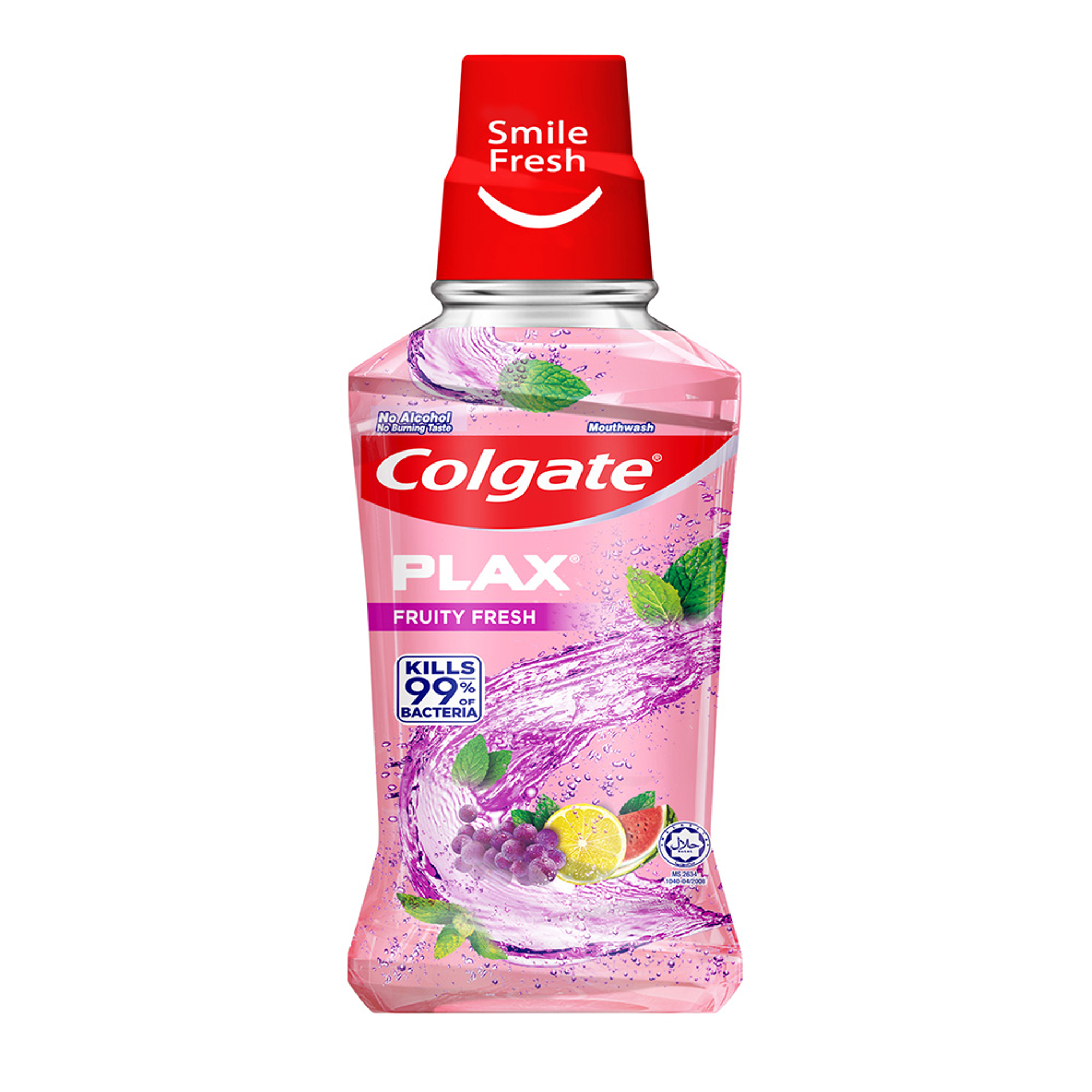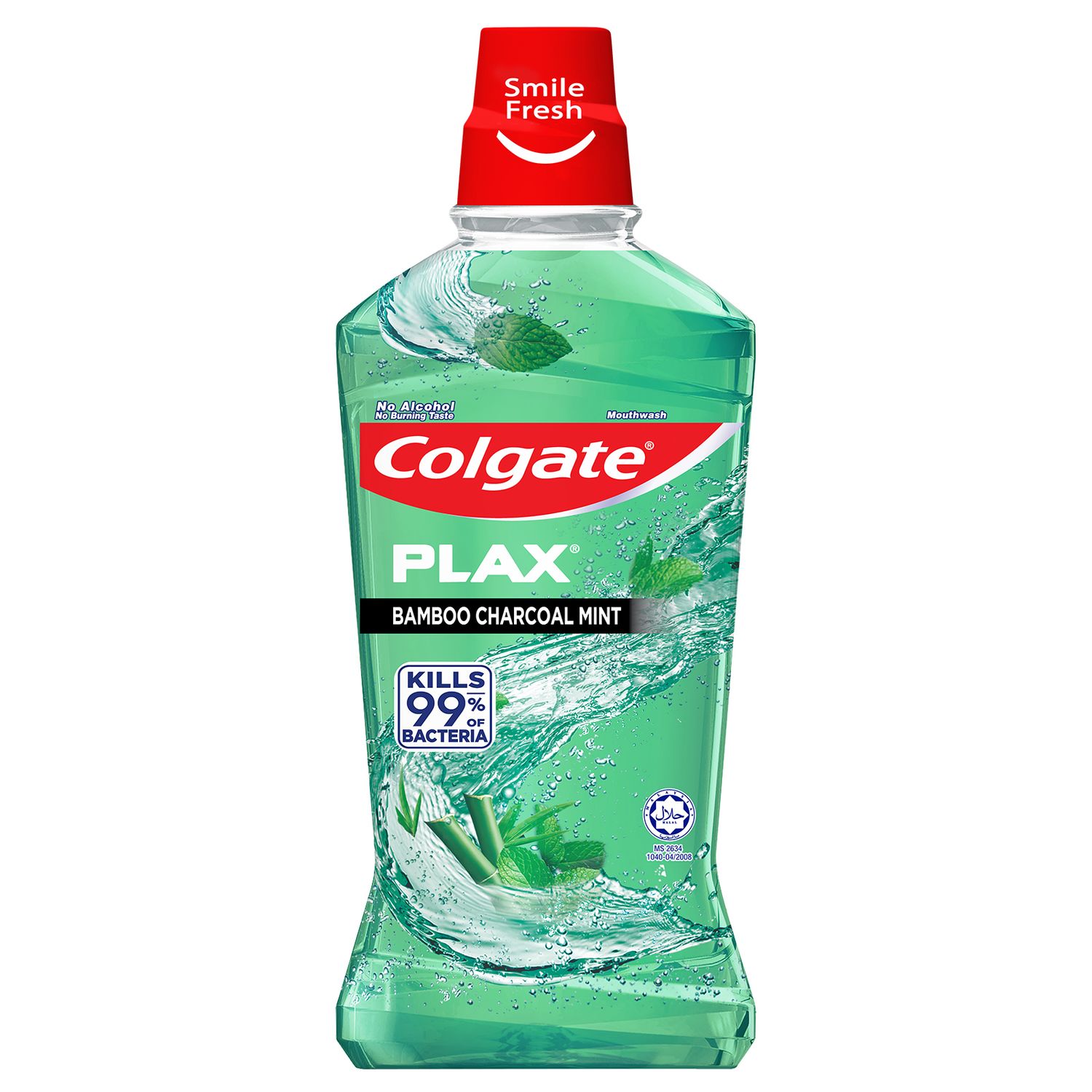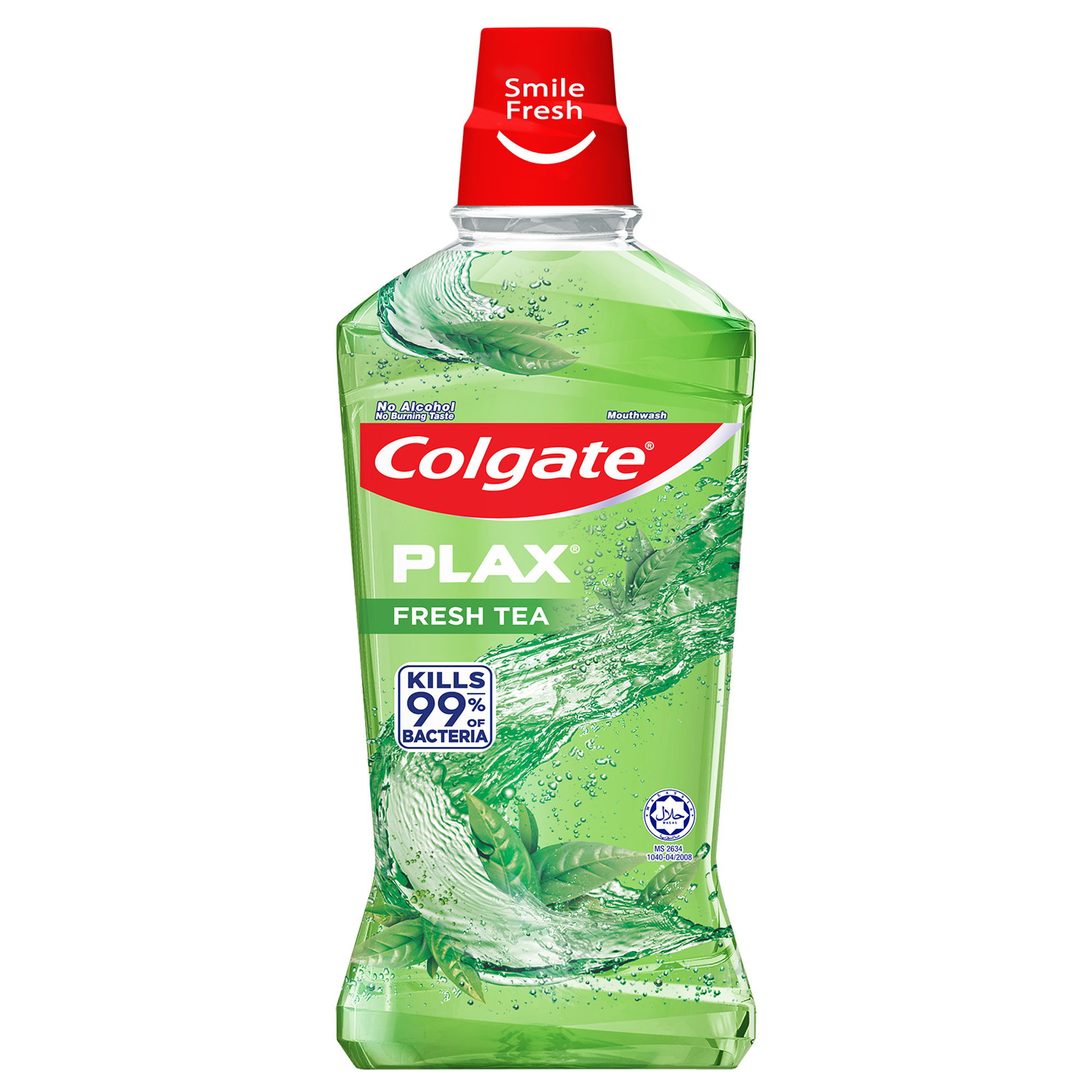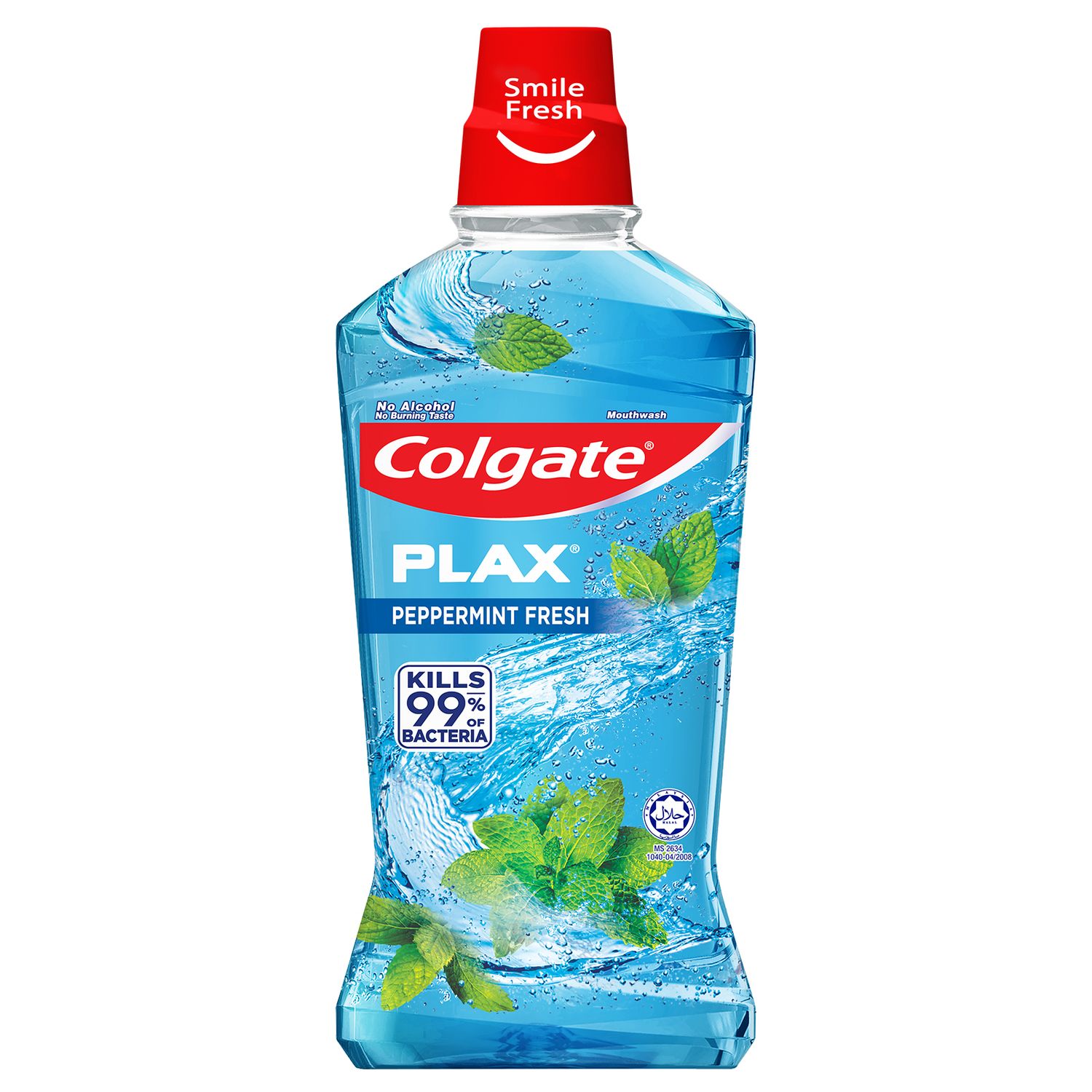-
-

FLUORIDE
Discover how stannous fluoride toothpaste prevents cavities and other oral health issues. Learn the key benefits of fluoride for teeth and its best uses.Fluoride plays a vital role in oral healthcare...

TEETH WHITENING
Teeth Whitening Serum for a Brighter, Confident SmileWho does not want whiter and brighter teeth? Thanks to the many teeth-whitening products available today...
-
Science & Innovation
- ORAL HEALTH ASSESSMENT
- Colgate® | Toothpaste, Toothbrushes & Oral Care Resources
- Oral Health
- The Best Mouthwash For Bad Breath


If you worry that your breath smells, you're not alone: more than half of adults complain that they have chronic bad breath. You may be considering adding a mouthwash to your oral hygiene routine to improve your breath, but not all mouthwashes are created equal. Here are some things to consider when selecting the best mouthwash for bad breath.
Causes of Bad Breath
Bad breath can be caused by short-lived factors like eating something that contains onion, garlic or another pungent ingredient. While nobody likes having garlic breath, it won't last long and doesn't put your health at risk.
Bad breath can be caused by more serious factors, like not brushing your teeth and flossing thoroughly enough or often enough. Tooth brushing and flossing removes food particles from your teeth, and if these food particles are left in place, bacteria will feed on them. These bacteria produce strong odours as they feed, leaving you with bad breath, explains the American Dental Association (ADA) in the United States.
Plaque, a bacterial film, also builds up on your teeth throughout the day and needs to be removed by regular brushing and flossing. These bacteria produce a bad odour that can also leave your breath smelling less-than-fresh.
How Mouthwash Helps
There are two different types of mouthwashes – cosmetic and therapeutic – explains the ADA. Cosmetic mouthwashes work by temporarily masking bad breath. These mouthwashes may have a mint flavour and can be used for a quick fix before a date or job interview.
Therapeutic mouthwashes work by killing odour-causing bacteria and helping to reduce plaque. These types of mouthwashes have been shown to be an effective way to reduce bacteria and control bad breath.
The Best Mouthwash For Bad Breath
For best results, choose a mouthwash that benefits your oral health in addition to freshening your breath. Mouthwashes that contain antimicrobial agents not only kill the bacteria that make your breath smell bad but also help to counteract gum disease and reduce plaque. Fluoride is another useful mouthwash ingredient. Fluoride helps strengthen your enamel and protect your teeth from decay. If you don't enjoy the burning sensation associated with many types of mouthwash, select an alcohol-free mouthwash. Most alcohol-free mouthwashes contain ingredients that fight bad breath, like cetylpyridinium chloride.
Once you've selected a mouthwash, make sure to use it regularly. After brushing your teeth in the morning and evening, rinse with your mouthwash; you can use it either before or after you floss. It's important to remember that mouthwash is an addition to a good oral hygiene routine, not a replacement for brushing and flossing.
When Mouthwash Isn't Enough
If adding mouthwash to your daily oral care routine isn't helping your bad breath, it's time to visit your dentist. Bad breath can be caused by oral health conditions like gum disease or tooth decay, and until these conditions are treated, mouthwash will just mask the problem. Dry mouth – a lack of saliva that can be caused by smoking, medications or other factors – is another possible cause of bad breath that your dentist can help you address.
Your dentist can help you select the best mouthwash for your needs. And if mouthwash isn't enough to solve your bad breath woes, your dentist can help you resolve any underlying oral health problems.
Related Articles


Learn effective ways to remove tartar buildup, prevent plaque, and maintain a bright, healthy smile. Discover expert tips for easy tartar removal at home.

Noticing that your cheeks are swollen can be distressing. There are many possible causes of cheek swelling, and a doctor or dentist can diagnose the issue.
Related Products

Helping dental professionals
More professionals across the world trust Colgate. Find resources, products, and information to give your patients a healthier future








